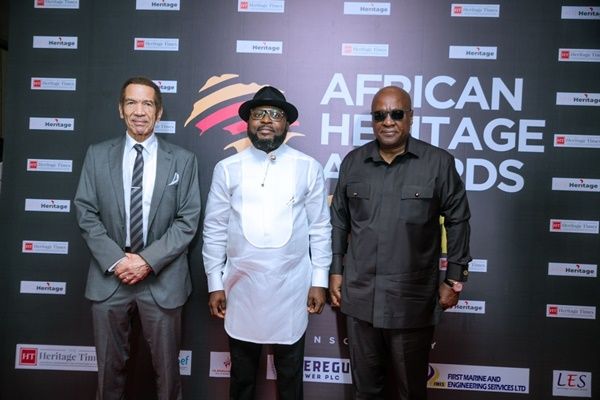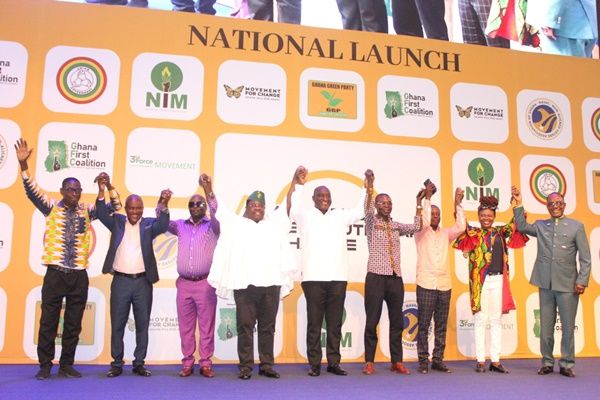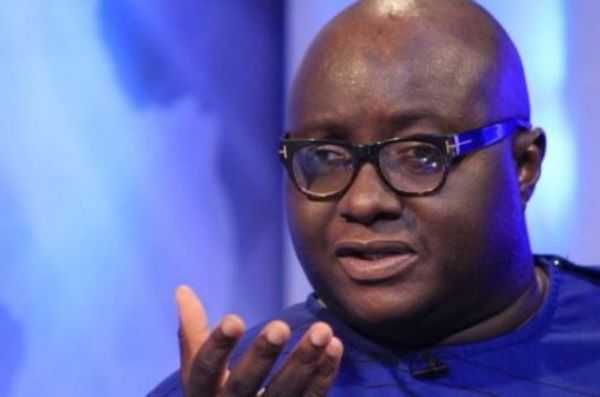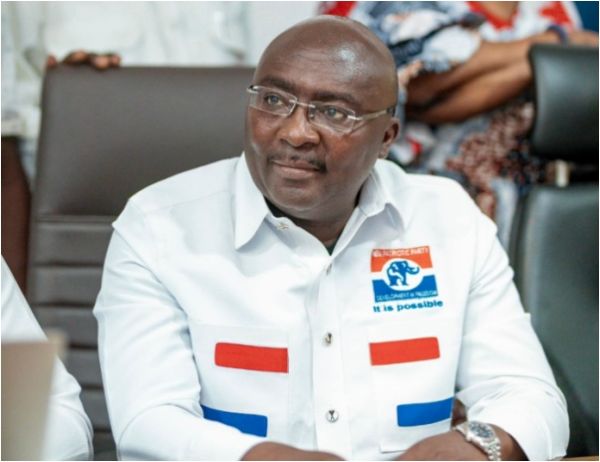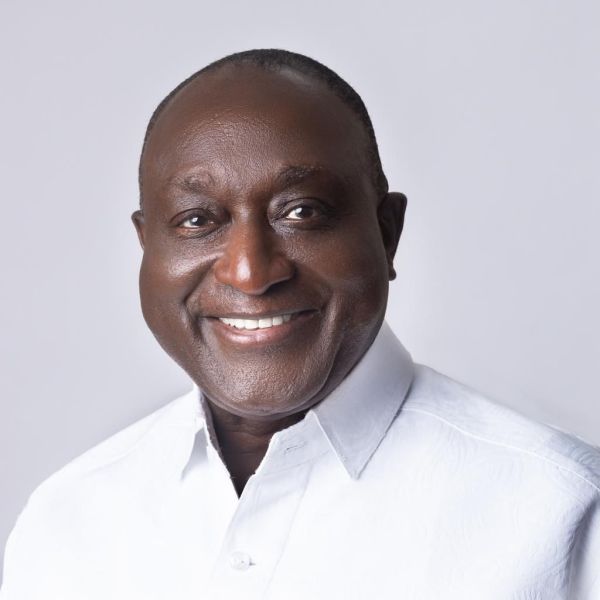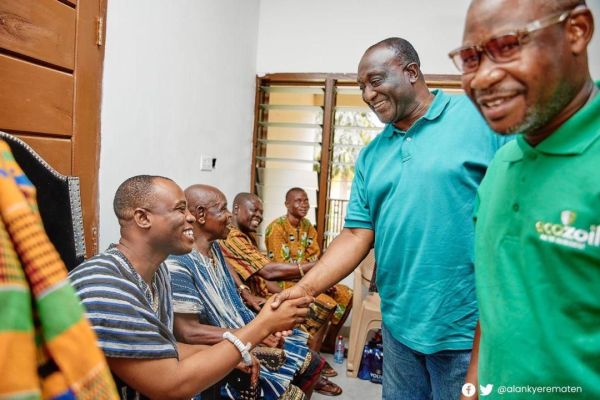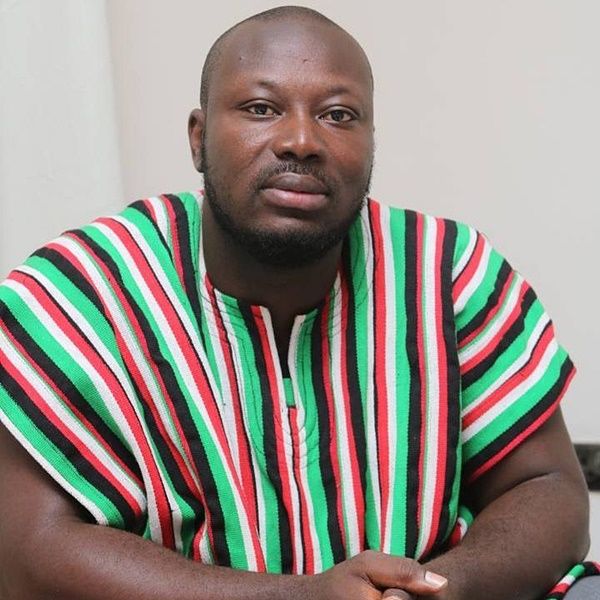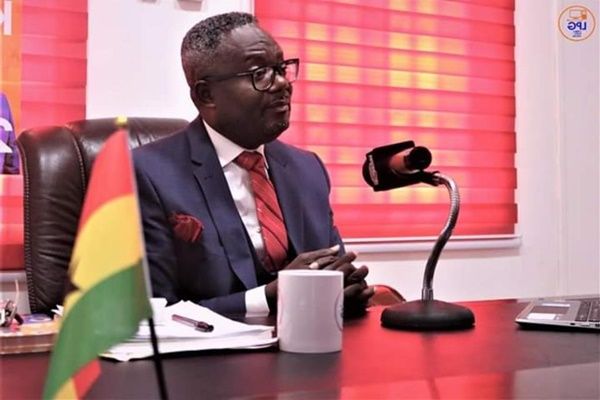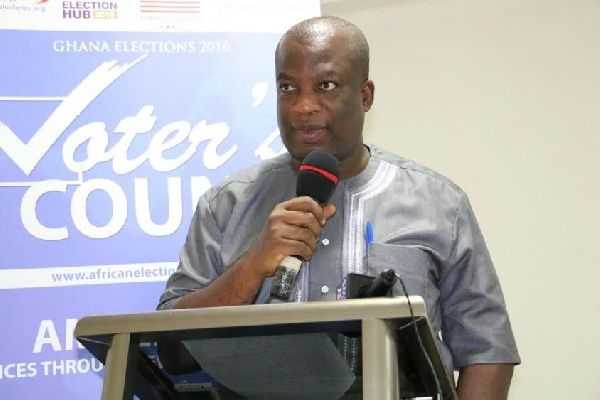
The Electoral Commission (EC) has debunked assertions by some persons that it is using exorbitant filing fees to raise money for its activities and also prevent smaller political parties from contesting elections.
Rather, the commission said its budget for the current electoral process had been ready. Besides, the country's electoral laws debarred the electoral body from using proceeds from the filing fee for its business.
The Director of Electoral Services at the EC, Dr. Serebour Quaicoo, who stated this in an interview with the Daily Graphic last Saturday, said the commission had only acted in compliance with the electoral laws, with the intention to protect the sanctity of the electoral process.
"The EC cannot and does not use the filing fees of candidates for anything; so if some people are saying that the commission is using it as a means to raise funds for its activities, it is not true because the money is not for us; it belongs to the state and are paid into the Consolidated Fund," he stressed.
On Monday, September 14, this year, the EC opened online nominations for presidential and parliamentary aspirants for the December 7, 2020 elections.
The commission fixed the filing fee for presidential aspirants at GH¢100,000 and that for parliamentary aspirants at GH¢10,000.
The figure for the presidential aspirants was a 100 percent increase over the 2016 filing fee, while that of the parliamentary candidates remained unchanged.
However, some political parties, civil society organizations (CSOs), and individuals have raised concerns about the filing fees, describing it as exorbitant.
Some smaller political parties also said the fees by the EC was a calculated attempt to prevent them from participating in the general election.
Thus, they called on the EC to consider a downward review of the filing fee.
Legitimate
When the Daily Graphic contacted the EC for a response to the issue, Dr. Quaicoo said the GH¢100,000 charged as the filing fee for presidential candidates was reasonable, since it was only a deposit and would be refunded to candidates who polled 25 percent of valid votes cast in the presidential election.
He explained that the EC was acting on Regulations 8(1)(b) of Constitutional Instrument (C.I) 127 to ensure that all aspirants for presidential and parliamentary elections paid approved filing fees as a means of placing value on those offices they sought to occupy.
Per regulations 8 (1b) of C.I 127, "a candidate for presidential and parliamentary elections shall, at the time of nomination of the candidate, deposit or cause to be deposited an amount of money determined by the EC”.
Dr Quaicoo added that setting of filing fees by the EC, and in the current situation, the GH¢100,000 for presidential candidates, was to put a benchmark, "so that it does not happen that anybody at all can just rise up and say I want to be a candidate”.
"There are some people who only file nominations and do not campaign or do anything; all that they want is that their names will appear on the ballot paper. If we go by the records, we have as the EC, 29 registered political parties; 10 independent candidates and six new parties, who applied to be registered. You can imagine the kind of ballot paper we will have if we say that no deposit is to be paid. The framers of the law knew this and that is why they put the payment of deposit there to be a benchmark for those who want to contest," he said.
Justification
The Director of Electoral Services added that the EC was not using the filing fee as a barrier to candidates from contesting, but also stressed that the commission would maintain the benchmark at a level that would ensure that only candidates who meant business participated in the elections.
He also said the ability of candidates to pay the filing fees was a test of their ability to mobilize resources.
"If you are going to contest elections, it means that you are going to be a mobilizer; the money should not be coming from you but rather people who have confidence in you," he added.
Dr. Quaicoo also justified that some political parties took about four times what the EC charged as filing fees during their internal elections, so the same parties could not turn around and blame the commission for fixing the filing fee far below what the parties charged.
Refund
Regulation 46 (1) of C.I 127 states that: "Subject to regulation 13, a deposit made by a candidate under this Regulations, shall as soon as practicable after the results of an election is declared, be:
a) Returned to the candidate or the personal representative of the candidates, or b) forfeited to the state.
Dr. Quaicoo, however, explained that the electoral law, specifically Regulation 46 (3) of C.I 127, also stated explicitly on what should be done to the deposits filing of aspirants who failed to make the required mark in the election; "and that did not include the EC using such money for its activities."
Regulation 46(3) states that "when a poll is taken and after the completion of the counting of votes, including a recount, a candidate is found not to have polled:
(a) in a parliamentary election, more than 12.5 percent of the total value votes cast within the constituency, or (b) in a presidential election, more than 25 percent of the total value votes cast in the election, the candidate shall forfeit a deposit made and the deposit shall be paid into the Consolidated Fund."
Based on the provisions in Regulation 46 of C.I 127, Dr. Quaicoo stressed that the EC had no interest in the filing fee of aspirants since the law did not even allow the commission to touch the money.
Exhibition
Touching on the exhibition exercise, he said the EC had taken note of the genuine challenges some registered voters encountered in finding their details and would take steps to address those lapses.
"Once inclusion is one of the functions of the exhibition exercise, it means that some people's names may not appear in the register; but such cases can be addressed by following the procedure for inclusion," he said.
He debunked claims by the Member of Parliament (MP) for Ashaiman, Mr. Ernest Norgbey, that his name and those of 21,000 others could not be found in the register.
Dr Quaicoo said facts available to the EC showed that the MP's name was on the voter's register and that the 21,000 missing names claim was unfounded.
He urged all persons who had challenges with their records to use the opportunity offered by the exhibition exercise to correct those errors to be able to vote on December 7.

